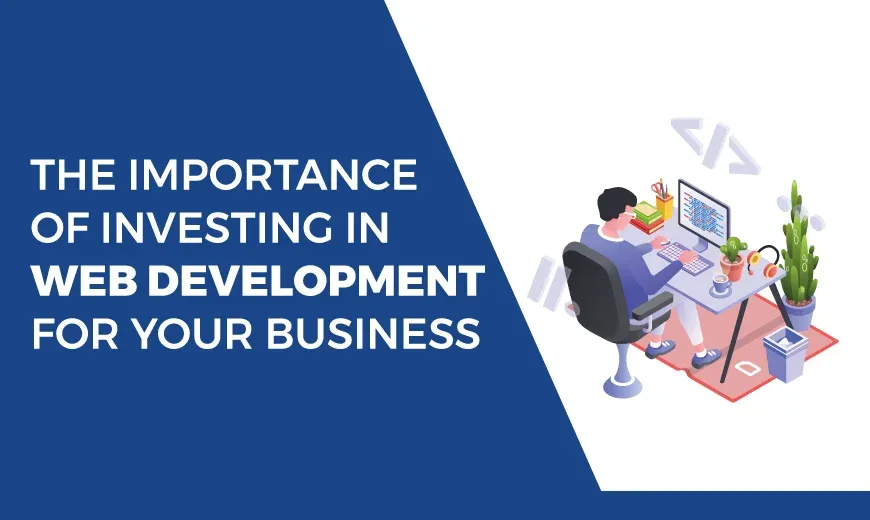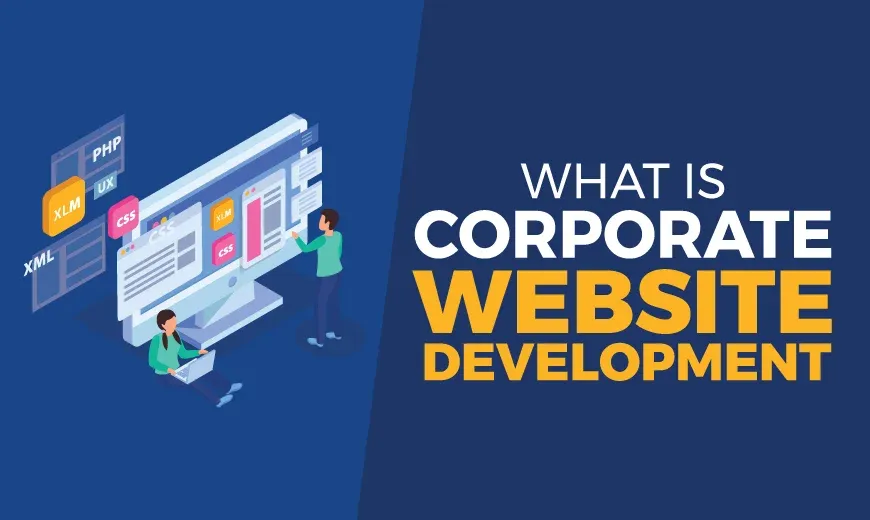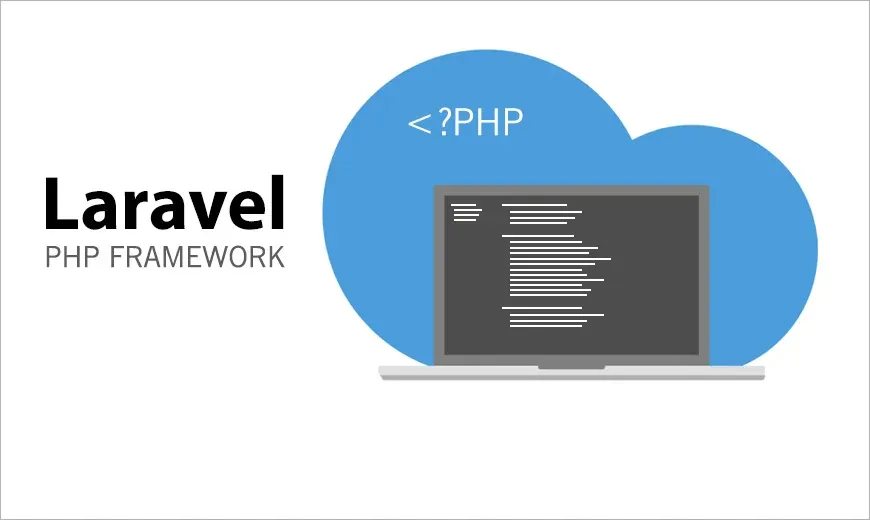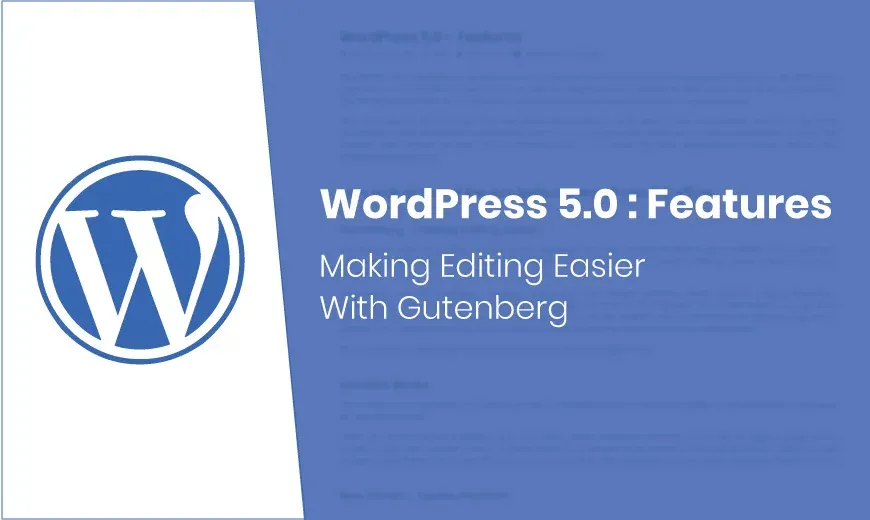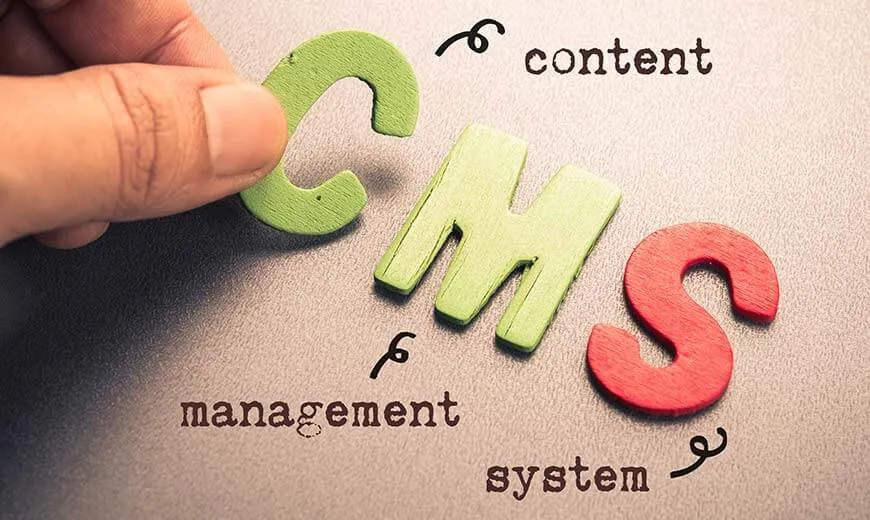
Is WordPress the right CMS for your business?
Table of Contents
When it comes to Content Management System, clearly WordPress CMS takes all the hype. After all, it powers 30 percent of the web. However, does its current statistics validate it to be your go-to system? Perhaps not—not without a thorough research where you weigh in all the pros and cons before making any decision. Moreover, not today, when there are tens of extremely good CMSs out there, each with their unique features, to fit your distinct requirements adequately.
Sadly, when clients approach CMS web design & development companies, very few of them really enjoy the say and flexibility in choosing the system for their website. And, if not immediately, this mistake ends up being a pain point for them in the long-run when they take over their website for self-management or when their business goals change.
So, is WordPress the right CMS for you?
What tech is your website based on? What system has the developers used to make your website?
Have you specifically (or mistakenly) hired a WordPress CMS development company or is your developer capable to workaround with all kinds of system?
The Many Content Management Systems
Aside from WordPress, there are plenty of names that you should definitely consider. Each of them, developed for a specific target audience with exceptional facilities, tout a good number of subscribers. Not all of them would be an ideal fit for you, but you can certainly cross path with non- WordPress platforms.
For example, if you’re looking to launch e-commerce, Shopify would definitely be a much better option than say Drupal. If you want news publishing website, WordPress and Joomla would be the nice options. But if you want a normal blog, Blogger and Wix can be your go-to. Here are 7 of the top CMSs that many top websites are based on:
- WordPress
- Joomla
- Wix
- Blogger
- Weebly
- Drupal
- Symphony CMS
1. WordPress
Strength:
- Free of cost
- Easy-to-use
- Many themes
- Countless plugins
- Ideal for any type of website
Weakness
- Costly upgrades
- Security loopholes
- No reliable support
2. Joomla
Strength
- Free of cost
- Many extensions
- Robust security
- Plenty of DIY documentation
- Perfect for large websites
Weakness
- Not user-friendly
- Limited free themes
- Poor support
3. Wix
Strength
- Free of cost
- Very easy to setup
- Many themes
- Good support
- Decently secured
Weakness
- Limited plugins
- Costly upgrades
- Not reliable for large websites
4. Blogger
Strength
- Free of cost
- Extremely easy to setup
- Many free themes
- Very secure
- Active support community
Weakness
- Must know HTML, CSS, and JavaScript
- Limited official support
- Very few plugins
5. Weebly
Strength
- Free of cost
- User-friendly
- Flexible designing options
- Decent support
- Secured
Weakness
- Costly upgrades
- Limited plugins
- Not good for large websites
6. Drupal
Strength
- Free of cost
- Highly secured
- Engaging community
- Many modules/add-ons
- Perfect for large websites
Weakness
- Not user-friendly
- Limited themes
- Confusing dashboard
7. Symphony CMS
Strength
- Free of cost
- User-friendly interface
- Many themes
- Many extensions
- Secured
Weakness
- Unreliable support
- Limited documentation
- Requires technical knowledge
These are 7 of top Content Management Systems, along with their pros and cons. So, don’t go chasing down one CMS just because it’s popular or just because your website developer suggests you that.
Your business requires a dynamic CMS website. For that, do a thorough research, be sure which system ideally fits your unique requirement and only then make the proper decision. And, if needed, don’t hesitate to hire CMS website development company to have your own custom system.
 +91 98792 74063
+91 98792 74063


